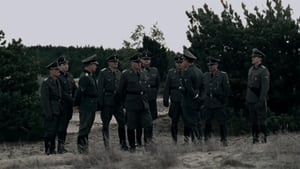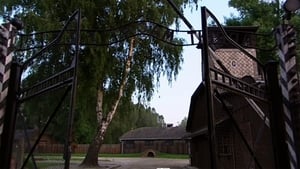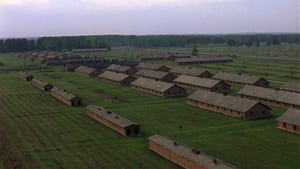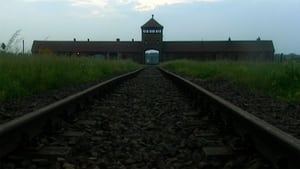All Available Episode
All Miniseries Episode

1. Surprising Beginnings
This episode sets the stage for the series and examines the radical increase in violence against all opponents of the Nazi state. In particular, it explores the German army's invasion of the Soviet Union during the summer of 1941 and connects this campaign to the first gassing experiments in Auschwitz, Poland, which were aimed at Russian prisoners of war, not Jews.

2. Orders and Initiatives
Laurence Rees continues his documentary history, marking the 60th anniversary of the liberation of Auschwitz, with an account of how the Nazis developed their ""Final Solution"". By 1942, Rudolf Hess had established the camp as a place to murder thousands of Jews, Slavs, Roma Gypsies.

3. Factories of Death
The Nazis' marshalling of Jews from across Europe - including the Channel Islands- gained momentum in 1942. Unable to cope with the huge influx, Auschwitz and Treblinka were modified with bigger gas chambers and crematoria. But inspirational stories of courage and compassion could still be found among this appalling catalogue of inhumanity, including that of German officer Albert Battel, who risked his life to save detainees.

4. Corruption
By 1943, life was good for many of the SS. Eyewitness accounts recall how those in power at Auschwitz lined their pockets with wealth stolen from Jewish inmates while also engaging in illicit affairs.

5. Frenzied Killing
SS Lieutenant Colonel Adolf Eichmann ordered the deportation of Hungary's Jews following occupation in 1944, precipitating the most intensive period of slaughter in Aushwitz's history. The Allies, meanwhile, faced dilemmas: should they divert valuable resources to bomb transport routes to the camp? And should they consider Eichmann's offer of one million Jewish lives in exchange for certain provisions - the ""Blood for Goods"" deal?

6. Liberation and Revenge
The reality of life in the concentration camps was revealed upon the liberation of Auschwitz-Birkenau and Bergen-Belsen in 1945. But what was the fate of the remaining prisoners and the SS garrisons? The final days of the war and its immediate aftermath is a story as shocking as it is surprising, with Jewish survivors facing appalling treatment in their home countries and large numbers of SS perpetrators remaining hidden.
